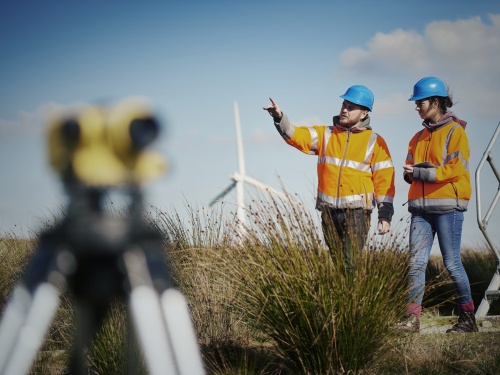Making Minnesota a Healthy Place to Live
We’re committed to promoting heathy communities by reducing waste, reusing resources, and removing toxic chemicals from goods and resources Minnesotans bring into their homes.
We work together with our neighbors, business leaders, and decision makers to promote waste reduction, recycling best practices, and good stewardship of the resources we have. For over two decades, Conservation Minnesota has passed policies that make it easier to recycle hazardous materials and electronics, improve funding for recycling and composting, and help ban toxic chemicals like TCE, BPA, and PFAS.
More than 80,000 chemicals are used in commerce, but the EPA has required safety testing on only 200.
Today, consumers aren’t considering only the environmental impacts of products but also the effects to human health. While it can be difficult to determine what chemicals and products are safe, we educate citizens and policymakers on the need for laws regulating the use of chemicals and products that could cause harm to our health and environment.
Accomplishments: Toxics That Are Out
- In 2023, we helped Minnesota achieve the strictest PFAS regulations in the country.
- We worked with labor unions and the Coalition of Great Minnesota cities to set a goal to remove all lead drinking water lines in the state by 2033 and begin funding the work.
- In May of 2020, Minnesota became the first state in the nation to phase out TCE, an industrial solvent and known human carcinogen, which can be released into the air and water.
- We worked with the Minnesota Professional Firefighters Association to pass the most comprehensive flame retardant ban in the country
- We helped make Minnesota the first state to ban BPA (bisphenyl-A) from baby bottles and sippy cups.
Taking on Forever Chemicals
PFAS, or Per- and polyfluoroalkyl substances are a top priority for Conservation Minnesota. PFAS are a large group of synthetic chemicals often used for their nonstick and water-resistant properties and linked to health conditions including low birth weights, immune system impairments, decreased fertility, and increased risk of cancers. PFAS are referred to as forever chemicals.
In May of 2023, the Minnesota Legislature passed a ban on nearly all uses of toxic PFAS. The ban prohibits the intentional, unavoidable use of PFAS in all products by 2032, with high-risk products subject to the ban in 2025. It also requires the notification of PFAS use to the Pollution Control Agency and even limits the use of PFAS in pesticides.
Minnesota has a trash problem. We are generating 5.9 million tons of garbage every year, and this number is expected to grow nearly 20% by 2042. Packaging and plastic waste are an increasing part of the problem. In 2024, we helped pass the Packaging Act, which includes commonsense policies that reduce the amount of waste and help communities recycle as much as possible.




